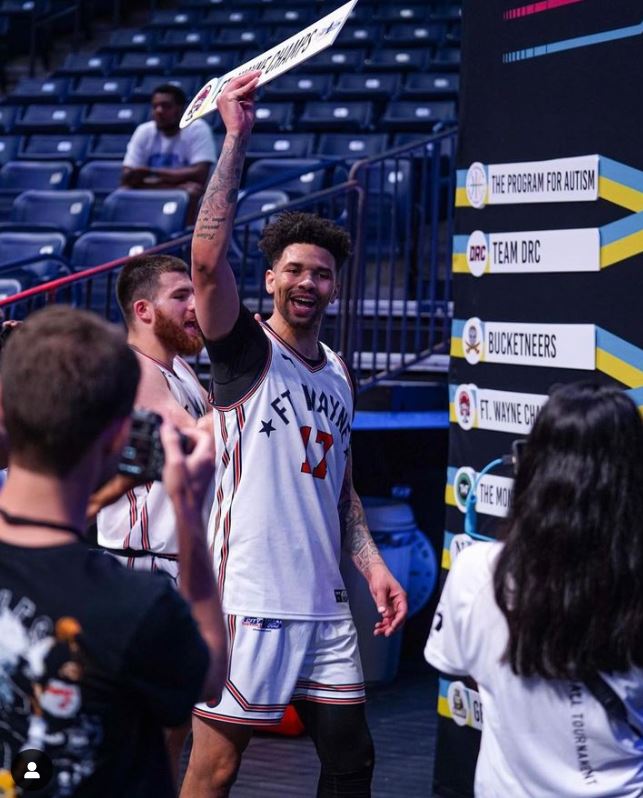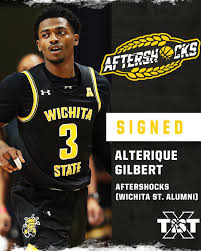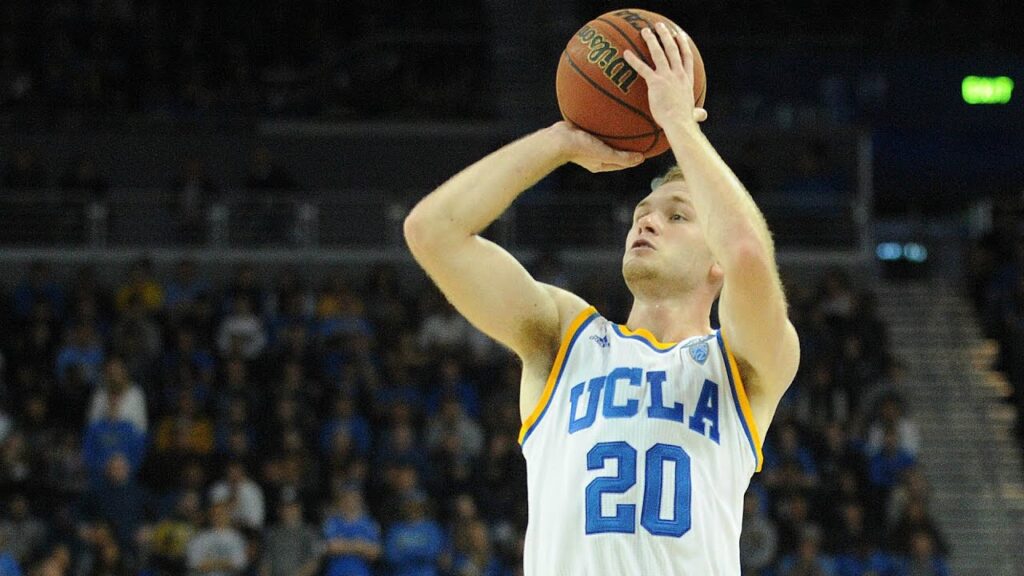The NBA Finals date back to 1947 (when they were known as the Basketball Association of America Finals) and the very 1st NCAA tourney was held in 1939. Olympic basketball competition is even older: it debuted as a demonstration event in 1904 and the men’s version became a medal sport in 1936, with the women finally getting their chance to go for the gold in 1976. The United States has dominated Olympic basketball competition from the start: the men have won 16 gold medals in the 19 tournaments they have participated in during the past 87 years, while the women have won 9 gold medals in the 11 tournaments in which they have competed during the past 47 years. With the 2024 Olympics in Paris less than 1 month away, HoopsHD’s Jon Teitel will fill the void by interviewing as many prior Olympic players/coaches as possible. We continue our coverage by chatting with Scott Ostler, nationally-syndicated sports columnist for the San Francisco Chronicle who helped write “Spencer Haywood: The Rise, the Fall, the Recovery”, about Spencer’s career, which included winning a gold medal in 1968 and being inducted into the Hall of Fame in 2015.
In 1967 Haywood was named national high school POY, then enrolled at Trinidad State Junior College where he averaged 28.2 PPG/22.1 RPG: were there any concerns that a 19-year old junior college player (the youngest player to ever make team USA) would not be good enough to make the team USA roster in 1968, and how did he get along with his older teammates? That team did not have a lot of talent and the USA was in danger of losing its first Olympic basketball title ever. America’s best players, including Lew Alcindor (Kareem Abdul-Jabbar before he changed his name)/Wes Unseld/Elvin Hayes, either chose not to play or did not make the team. The team especially needed a good big man because international basketball can be rough and physical, so a rugged European team would pose problems. Coach Henry Iba and his players could see that Spencer, however raw, had great talent and great size, and they knew he would be badly needed. There really were no Olympic veterans on the team so they were all in the same boat. With a group of new guys there was no real pecking order and Spencer fit right in.
Despite being very ill the night before the Olympic gold medal game he scored a game-high 21 PTS in a 65-50 win over Yugoslavia (he was the leading scorer for team USA that summer with 16.1 PPG), after which opposing coach Ranko Zeravica called him “the best amateur player in the world”: what did it mean to him to represent his country, and what did it mean to him to win a gold medal? He was very proud to represent his country, even though he had experienced a lot of racial discrimination. Once he got to the Olympics, he was exposed to older/more mature teammates who were bent on protesting, like Tommy Smith and John Carlos did. Spencer listened to them, but in the end he listened more to his new girlfriend who was a runner on the U.S. track team.
After transferring to Detroit that summer he scored 32.1 PPG, led the nation with 21.5 RPG, and was named an All-American: how was he able to be such a great rebounder despite standing just 6’8”? He had a long wingspan so he played taller than his listed height, plus he was a great leaper, very quick/strong, and he did not mind mixing it up under the boards. Rebounding is mostly about hard work, and Haywood was used to hard work.
He decided to turn pro after his sophomore year, but NBA rules at the time prohibited him from entering the league, so the ABA came up with the idea for a “hardship exemption” and he was drafted by Denver: has any basketball player ever had more of a hardship then the son of a mother who raised 10 children by herself while picking cotton for $2/day in Mississippi? They picked the right guy, for sure, to represent “hardship.” It was a brilliant legal strategy and it helped break down a system that exploited guys like Spencer, who would have had to spend four years in college while getting almost zero education (1 college coach steered him to the dumbbell courses). He was earning zero money for himself while earning millions for his school.
He led the ABA with 30 PPG/19.5 RPG, led the Rockets to a Western Division title, and was named ROY/MVP/All-Star Game MVP: how was he able to make such a smooth transition from college to the pros, and where does that rank among the greatest rookies seasons in pro basketball history? He made a smooth transition because he had already been exposed to elite competition at the Olympics, and he was also a physically mature/gifted player. The only better rookie season I can think of is Wilt Chamberlain, who averaged 37.6 PPG/27 RPG as a rookie and was named ROY/MVP…but Wilt was 23 years old when he broke into the NBA.
After that season Seattle SuperSonics’ owner Sam Schulman launched an antitrust suit against the NBA, and after the Supreme Court found in favor of Haywood by a vote of 7-2 the NBA later agreed to a settlement: what impact did the decision have on Haywood as well as on high school/college students who wanted to get drafted without waiting until 4 years after high school? That decision was huge then and it is just as huge now. For Spencer, it got him and his family out of poverty, allowed him to fairly pursue a career in pro basketball, and paved the way for thousands of men and women who came after him. It ended a very exploitative system that benefitted colleges financially, as well as corporate sponsors and TV people, but screwed the athletes.
In the early 1970s a little-known company approached Haywood about a shoe deal and his agent choose to take $100,000 (while Haywood was on a road trip) rather than accept a 10% stake in the company (which is what Haywood wanted): how do you think that he feels today about missing out on a potential $3 billion deal with the company called Nike?! Woody (as many call him) still kicks himself today, but he is able to laugh about it. I think he would tell you he knows that money is not the answer to everything, and his life has played out nicely even without the staggering riches he would have had.
During the late 1970s he became addicted to cocaine and while winning a ring with the Lakers at the 1980 NBA Finals he was dismissed from the team by Coach Paul Westhead after falling asleep during practice before Game 3 due to a night of partying: how bad was his drug use, and how good do you think that he could have been if he had remained sober? His drug use was serious and he got sucked into an epidemic when he was traded to the Lakers. Everyone in sports (or at least a high percentage of athletes) was doing cocaine, as well as many people in the music and show-biz industries, and Spencer was a part of all those worlds. He had no way of knowing what he was getting into and got seriously hooked. He became the NBA’s first drug casualty and was thrown out of the league for abusing drugs. He was on the downside of his career at the time and the drugs just wiped him out. Had he been sober, or even reasonably so (like some of his teammates), he would have been an important rotation player for that team, which badly needed his rebounding/defense.
He spent a decade married to fashion model Iman, hosted weekend jazz shows on the radio in both NYC/Seattle, and later became involved in real estate development in Detroit: how did his life off the court compare to his life on the court? In some ways, his life off the court was more successful than his life on the court…and he was a Hall of Fame player! He overcame poverty and racism, as well as a serious drug problem, and became a person who helped others by doing (and still doing) good work in his community. He became a Hall of Fame person.
He was named to the ABA All-Time Team in 1997 and was inducted into the Hall of Fame in 2015: when people look back on his career, how do you think that he should be remembered the most? He should be remembered for being a great player (that sometimes gets overlooked), an Olympic hero, the guy who broke down the 4-year-college rule that was so wrong/unfair, the NBA’s first drug casualty, and a man who picked himself up and made himself into an honorable/productive guy who worked hard to make the world better.









